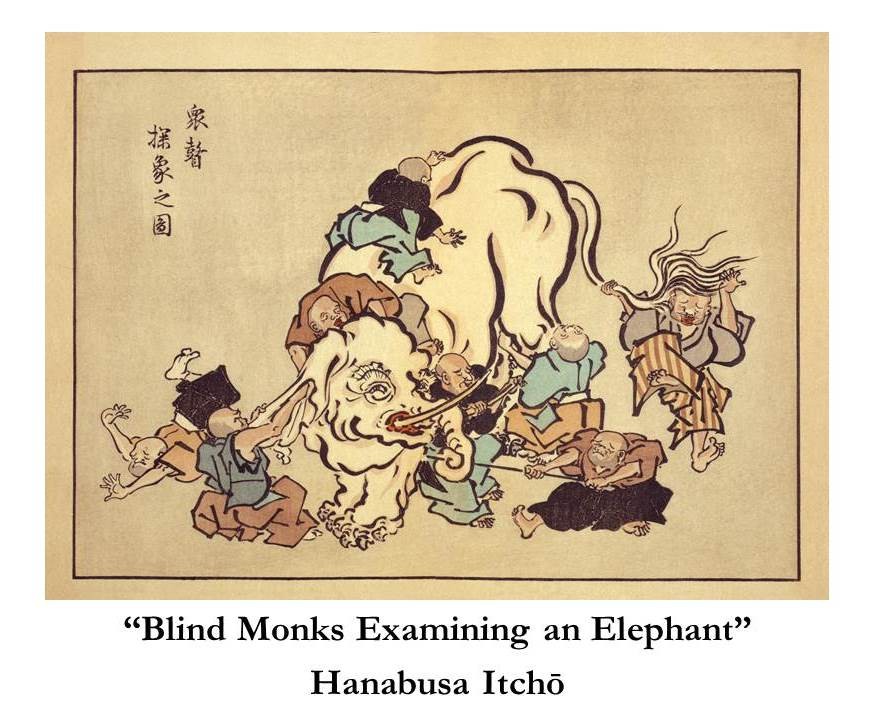INVESTMENT Greed often leads to investment ruin
Post on: 24 Апрель, 2015 No Comment

Moxima Gama
We all know that trading on the stock market is often a gamble; you can either lose money, or make a killing, simply because the markets are driven by four primary motivations, which are based on only two emotions: fear and greed.
That’s why investing is scary if you don’t know what you’re doing. It’s even scarier if you fully understand the risks through your own experience. Fear is a primal emotion that clouds people’s judgments even when they are conducting non-life-threatening activities such as investing. Even the most rational and educated individuals are affected by this and end up making silly mistakes.
To be successful an investor, you need to understand and harness fear in a productive way. Fear tends to be the trickier of the two emotions because most people don’t understand how it applies to their own psychology. The emotion of fear when investing can be broken down into two subcategories: fear of losing money, and fear of underperforming the market, or other people. While the fear of losing money is natural and important to retain, the second part of fear is extremely hard to overcome − it takes years and persistent hard work to master it.
Then comes greed, which is a more understandable emotion − it’s a catalyst that makes us want to do better and achieve greater things by wanting more. Greed can also be broken into two sub-categories: greed to make more money, and greed to keep it.
However, greed will destroy the discipline of a trader or investor, even sometimes ruining their lives. The problem is that most traders attempt to make a quick gain and usually do not adequately guard against loss. It takes considerable discipline to use great leverage and still accumulate greater gains than losses. Greed unfortunately does not permit that, instead it focuses on the potential gain rather than on the potential loss. True success depends on the psychological strength of the investor. Therefore, there are two detrimental greed-driven investment decisions that one should avoid:
The ‘buy for a quick buck’ syndrome
Greed will force one to buy a share to make a quick profit. It usually happens when there’s a rumour that a share is about to go up in price. Greed automatically kicks in, overriding every bit of investment common sense – promoting one to enter the market without the slightest bit of research to back their decision.
The ‘buy after the fact’ syndrome
Herd mentality. The biggest problem about this investment error is that before entering the market too late, the newspapers are full of bullish market sentiment. Greed forces one to enter the market because one feels or believes that others are making ‘millions’ while they’re sitting out of the market.
The best way to ignore all of these deceiving temptations is to try and think about investing in financial instruments the same way you would buy groceries, clothing, electronics or real estate. Wait for market drops to indicate an opportunity to buy quality stocks on sale. In other words, think about buying on dips and adding to your portfolio each time the market experiences a temporary decline. Don’t overpay!
Warren Buffett has always maintained that “you should be fearful when others are greedy and be greedy when others are fearful”. Simply put, if everyone is jumping on the bandwagon you should hesitate because in most cases when something looks too good to be true, it usually is. And when people aren’t jumping on the bandwagon you should take a closer look at it because the reward of doing so could be extremely high.
He also said: “Unless you can watch your stock holding decline by 50% without becoming panic-stricken, you should not be in the stock market.” Though it is easier said than done, that fact is, when it comes to investing in the stock market it’s inevitable that the price of your shares will fall and you will lose you money as a result, because the stock market prices fluctuate.
Remember fear and greed are different:
- Fear is a response to threat. Greed is a response to opportunity.
- Fear seeks to preserve the self. Greed seeks to expand the self (via owned acquisitions).
- Fear leads to avoiding. Greed leads to attraction.
- When fear and greed compete, fear often wins.
This may help to explain how they act together, or in sequence to drive how we behave under their influence. In conclusion, I suggest you ask yourself these three questions when greed overcomes you:
At this point, Warren Buffett’s maxim of “being greedy while others are fearful” would seem to be the order of the day. However, let’s keep in mind another one of Buffett’s sayings:
“The market is there to serve you and not to instruct you. It is not telling you whether you are right or wrong. The business results will determine that.”
Not all cheap shares will be or are a bargain, so it’s important to keep your emotions and antennas in check even when ‘For Sale’ signs seem to be flashing everywhere.
- Do you have the discipline to stick to your portfolio allocation plan?
If you are interested in investing in a specific sector, you must have an allocation in your portfolio of how much you will be committing to the shares in that sector. It would be very unpleasant to suddenly realise that 100% of your portfolio is all in that sector, and that you cannot invest in another sector that is outperforming your chosen one.
- At the time of a major correction, will you still have cash to act on it?
Make sure that you pay equal attention to all potential opportunities. Think about deploying your cash in stages, rather than acting irrationally at the sight of cheaper share prices.














